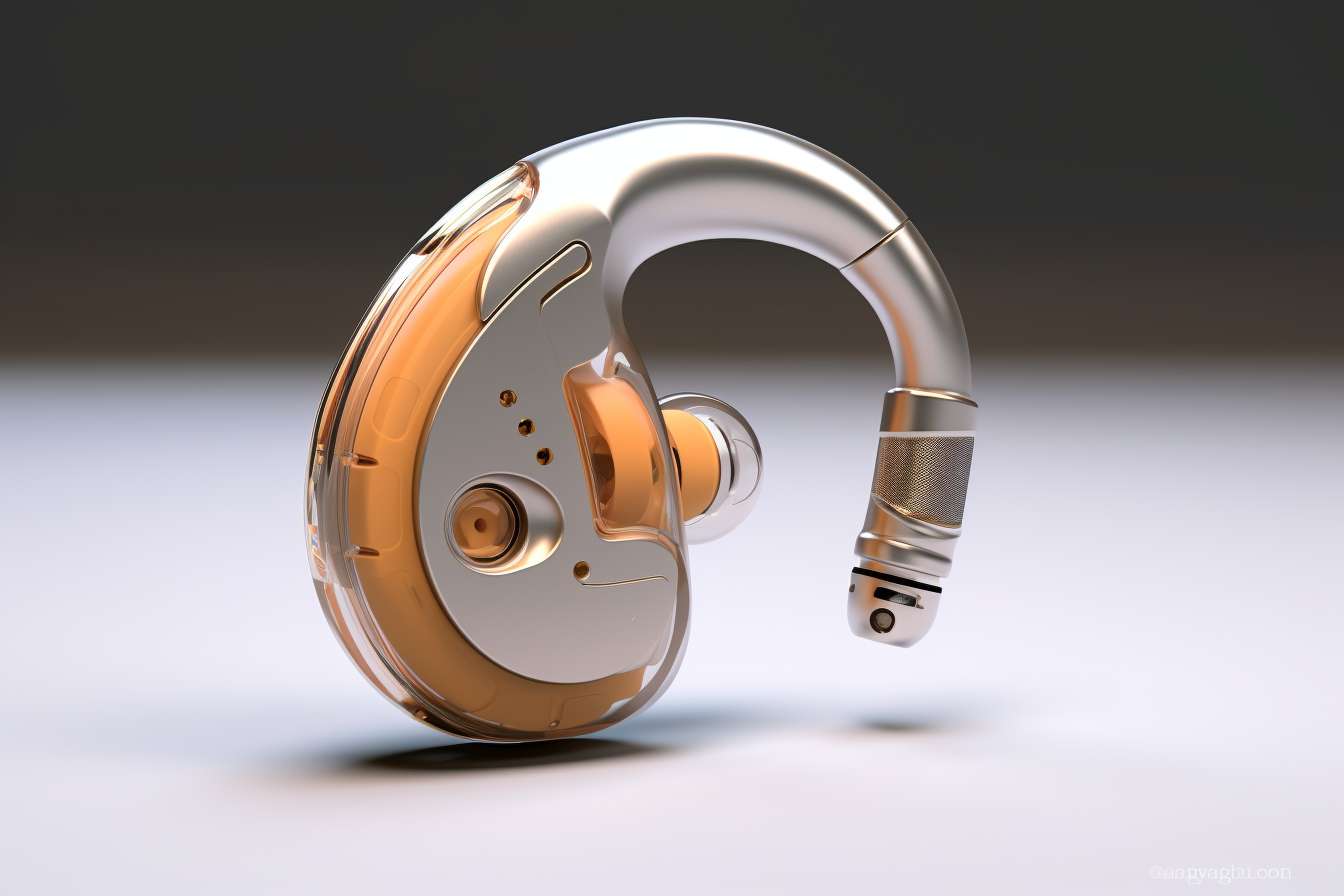Harnessing the Healing Power of Music: A New Perspective on Health and Wellness
Music has always played a significant role in human societies, from ancient rituals to modern pop culture. But did you know that it can also impact our health and wellness? This article delves into the fascinating realm of music therapy, a burgeoning field that harnesses the power of music to promote physical, mental, and emotional health. Supported by a growing body of research, this innovative approach offers a fresh and exciting perspective on holistic well-being.

The Genesis of Music Therapy
The therapeutic use of music can be traced back to the philosophies of Plato and Aristotle, who acknowledged the profound emotional and physical influence of music. However, the formal discipline of music therapy began to take shape in the post-World War II era, when doctors noticed the significant impact of music on recovering soldiers’ mental and emotional states.
With the advent of technology, scientific research has since corroborated these observations, confirming that music therapy can effectively treat a range of health conditions, from stress and anxiety to Parkinson’s and Alzheimer’s disease.
The Science Behind Music Therapy
Modern research has revealed the intricate mechanisms through which music impacts our health. Neuroimaging studies show that music can stimulate various brain regions, including those associated with emotions, memory, and motor control.
One of the most notable findings is the “Mozart effect,” a phenomenon where listening to Mozart’s music was found to enhance spatial-temporal reasoning. While the generalizability of this effect is still a topic of debate, it nevertheless highlights the potential cognitive benefits of music.
Music Therapy in Practice
Music therapy is versatile, with applications ranging from mental health to physical rehabilitation. For instance, it has proven effective in managing stress and anxiety, thanks to its ability to lower cortisol levels and heart rate.
In physical rehabilitation, music therapy can aid motor recovery in stroke patients. The rhythmic aspect of music provides a temporal structure that can facilitate coordinated movements, thereby improving motor function.
However, the effectiveness of music therapy depends on several factors, including the type of music, the individual’s personal preferences, and the therapeutic goals. Therefore, it requires a personalized approach, guided by a certified music therapist.
The Promise and Challenges of Music Therapy
While the benefits of music therapy are compelling, it is not without challenges. The scientific evidence, though promising, is still evolving. More robust, large-scale trials are needed to establish its efficacy conclusively.
Moreover, the accessibility and affordability of music therapy remain significant concerns. Although it is gaining recognition, it is still not widely available or covered by most insurance plans.
The Road Ahead: A Symphony of Health and Harmony
Despite these challenges, the future of music therapy is promising. With ongoing research and greater awareness, it could become a mainstream treatment modality, playing a harmonious note in the symphony of holistic health and wellness.
Tuning In: Quick Tips to Incorporate Music into Your Wellness Routine
-
Start your day with uplifting music to set a positive tone.
-
Use relaxing music as a sleep aid, helping to quiet the mind before bedtime.
-
For stress relief, try mindful listening, focusing your full attention on the music.
-
Explore different genres and styles. The beauty of music is its diversity!
-
If possible, learn to play an instrument. It’s a great way to boost cognitive health and relieve stress.
In conclusion, music therapy presents an exciting new frontier in health and wellness. By integrating this ancient art form with modern science, it offers a holistic approach to healing that resonates with our innate love for music. So, next time you listen to your favorite tune, remember – you’re not just feeding your soul; you’re nurturing your health too.




